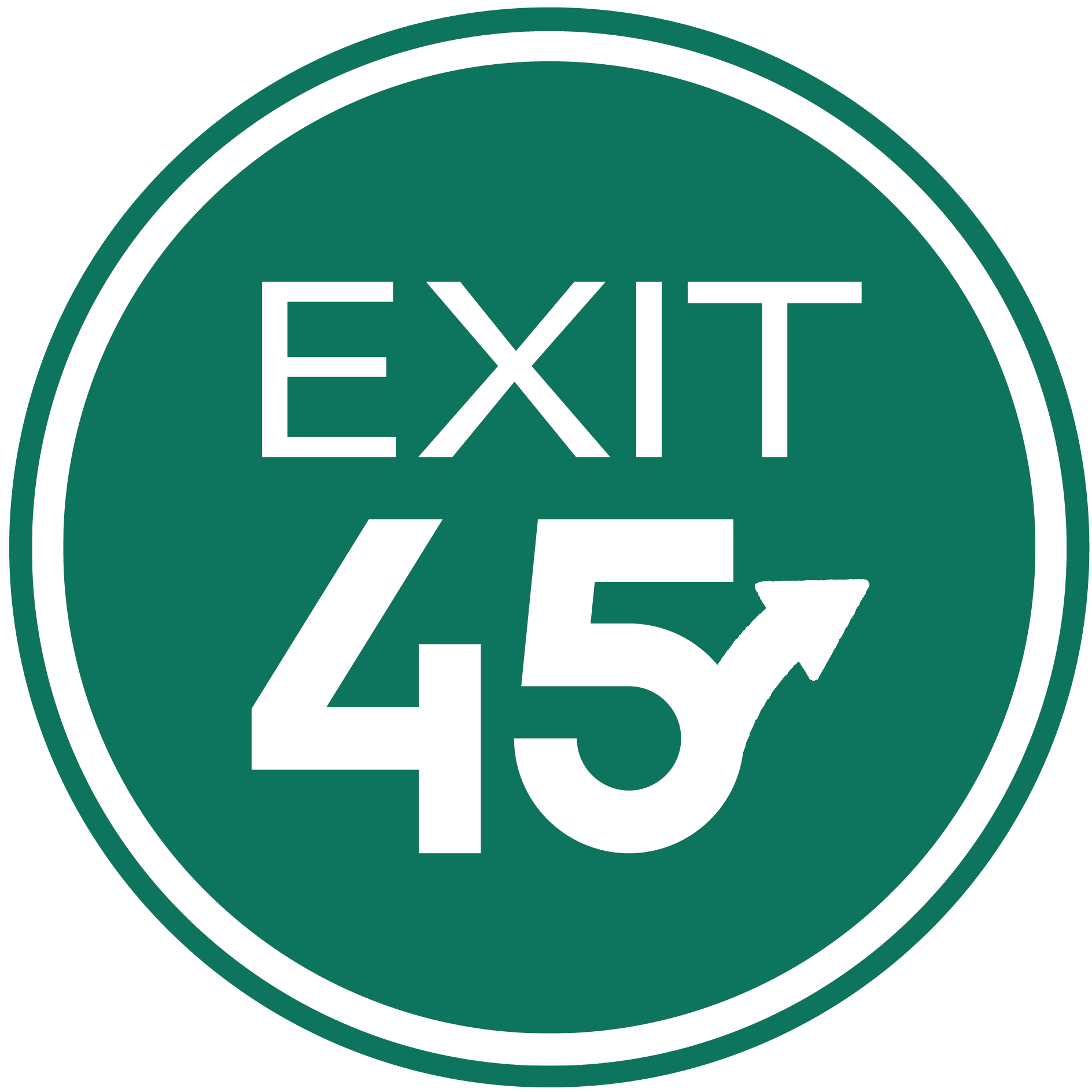What Is My Company Worth?
As a business owner, you should always be asking “What Is My Company Worth?” The fact is that only about 20-25% of small business ever sell, primarily because of business owners’ failure to plan for a sale. For most company owners, their business is usually their largest asset. Just as your investment advisor sends you quarterly or monthly statements so you can monitor your financial progress, doesn’t it make sense to monitor what your company is worth as well? Are you, like most business owners, relying on the sale of your business to fund your retirement?
By learning how to answer the question “What Is My Company Worth?” you will begin to understand the most important factor that drives business value. So what is that key factor? It’s earnings, specifically “seller’s discretionary earnings,” which is your compensation as an owner including all your perks, added to EBITDA (Earnings before Interest, Taxes, Depreciation and Amortization).
Business valuation professionals utilize complex formulas requiring a lot of assumptions regarding future cash flows and cost of capital to compute the value of a company. However, a business owner can develop a reasonable estimate of his company’s worth by learning how business brokers apply a multiple to historical seller’s discretionary earnings (SDE) to evaluate business worth.
Using Multiples of Earnings to Determine Company Worth
EBITDA and seller’s discretionary earnings are both measurements of “earnings” that are used to determine company worth. It’s important to understand how those terms are computed. The six newsletters listed below this article provide specific examples to help explain how to value a business using EBITDA and seller’s discretionary earnings.
As you will learn in reading the six articles below, the company worth is obtained by multiplying EBITDA or seller’s discretionary earnings by the applicable multiple. It is very important to determine the appropriate multiple. To learn more about selecting the correct multiple, read EBITDA Multiples by Industry and Newsletter Issue #6 – How Small Businesses are Valued Based on Seller’s Discretionary Earnings.
Asset Valuation Approach
Sometimes, a business has insufficient EBITDA or seller’s discretionary earnings to compute a reasonable company valuation. In this event, the business worth is usually limited to the fair market value of the inventory and assets you are transferring in a sale. Hopefully, the computed worth of your company using the multiple of earnings methodology exceeds the fair market value of your tangible assets. If that’s the case, when you sell the business, there is no add-on for the value of inventory or property, plant and equipment because those assets are required to produce the earnings on which the valuation was based.

